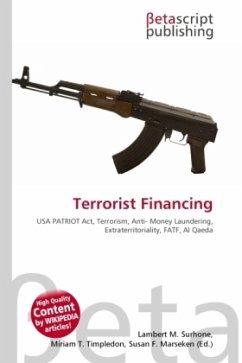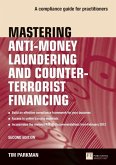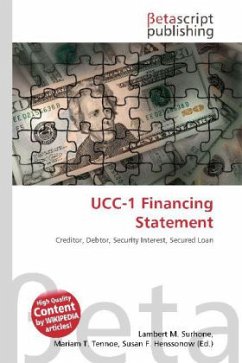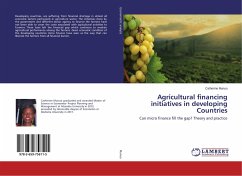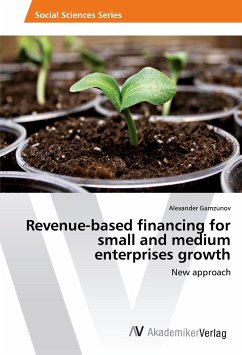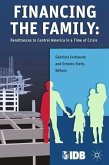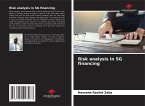High Quality Content by WIKIPEDIA articles! Terrorist financing came into limelight after the events of terrorism on 9/11. The US passed the USA PATRIOT Act, among other reasons, to ensure that both combating the financing of terrorism (CFT) and anti-money laundering (AML) was given adequate focus by US financial institutions. The act also had extra-territorial impact and non-US banks having correspondent banking accounts or doing business with US banks had to upgrade their AML/CFT processes. Initially the focus of enforcement efforts for CFT purposes were on charities, unregistered money services businesses(MSBs) (so called underground banking or ?Hawalas?), and registered MSBs that were unregulated for CFT. The FATF (working with the US) brought in 9 special recommendations for CFT which were recommended standards applicable to all FATF members who were expected to upgrade their laws, regulations and enforcement efforts including through Financial Intelligence Units (FIUs) and cross-border sharing of information for CFT purposes. The FATF black-list (the NCCT list) mechanism was used to coerce countries to bring about change.
Bitte wählen Sie Ihr Anliegen aus.
Rechnungen
Retourenschein anfordern
Bestellstatus
Storno

